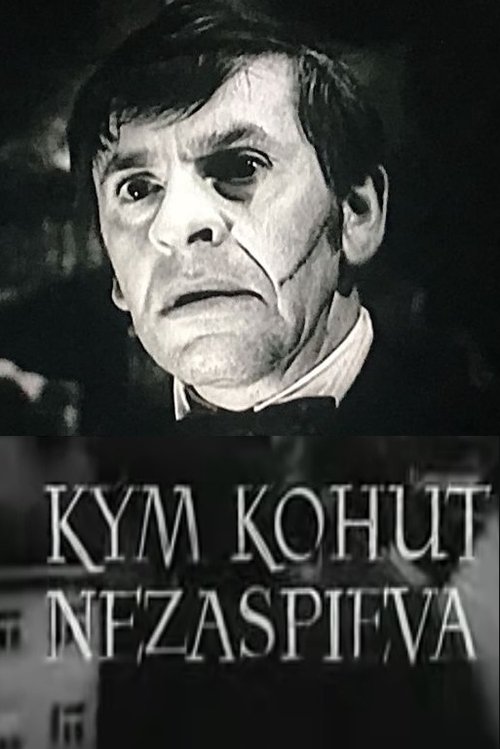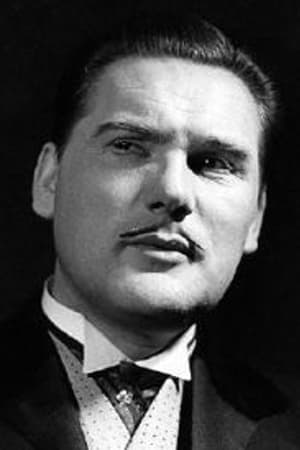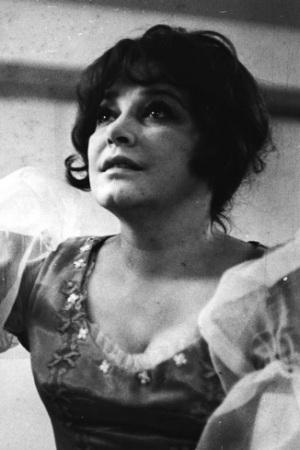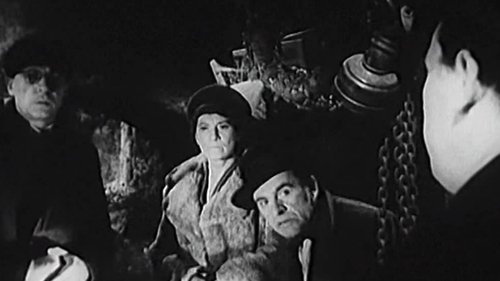
Aqueronte72
8
|
ago. 16, 2024
Excellent exercise in self-destructive suspense. In "Animals are rational" Plutarch reflects that between one horse and another, between a dog and others, there is not as much difference as between one human and another. The fears and recriminations inherent to particularly selfish human nature are put to the test in this small group that shapes society on a small scale. The occupation may not be the best time for a plethora of fearful people detained by the Gestapo to fraternize and betray each other among the different social classes of Czechoslovakia crammed there in a basement; The arrival of Mr. Fischl, full of duplicity if ever there was one, communicates Von Dukas's intentions and confirms the suspicion to the 10 detainees, the retaliation that awaits them for the death of the guard in the German commander's house. The murderer must appear before dawn or the capital punishment will be carried out. In the feverish unrest they tried to claim - firing off gratuitous reasonings - that it was the work of the partisans, but why would they kill a soldier? The work then is a tiny laboratory so that, on this occasion, we can separate the usual executioners from "evility", that is, the Germans, and focus on the tender "victims" who accuse and stigmatize themselves with strange resentment; not in vain Ondrej horrified cais at the end will say "Ja som nevedel, že sú ľudia takí podlí" (I didn't know people were so bad);Some of the captives, let's see, like Ondrej himself and his girl suspect Terezcák, others like the devious Mr. Uhrik who is recognized by the gallant woman who saw the corpse and the Nazi soldiers in front of Mr. Fischl's house, before being arrested, others like Master Tomko are optimistic and think that the real murderer will be caught. The truth is that they attack each other, use the ad hominen fallacy and offend each other without evidence and without need; Uhrik finds it suspicious that the despicable Bolshevik, whom no one knows, who also prays, what nonsense to pray when you are a Bolshevik, perhaps the women think?, that stranger pulls out a knife to eat, and the German died with a stab wound to the shoulder blade. . Truly, intrigue is less disdainful than the fierce treachery of one against another; the one Babika Babjakova had an alibi for attending a birth, must confess to an abortion and be reprimanded by the gentlemen who are not even a little better than her when she explains her moral scruples for what she did; The inconsiderate Fischl, bearer of the bad news from the Nazis, appears sorry, even showing a dull mortification to Terezcák for the time his son allowed him to hide in his garden, and then decides to start sharing cigarettes for which Uhrík, not For no reason he shouted at him, "Do you want to give me cigarettes when they are going to kill me at dawn?" However, Fischl added, "his son - referring to Terezcák - gave a false statement or misunderstanding. His son played a dangerous game." In the end, 9 Judas will have to betray one, there is no solution because in fact the hours pass and the new day approaches. The executioner's intermediary, Mr. Fischl, has promised to return at 3am for the person who will be sacrificed. "Well, maybe it's better that we say goodbye now. Even the mountain has already fallen. It's already a wound," says Terezcák, however. With a few minutes left until 3, Uhrík loses his temper and with a murderous dagger in front of everyone he kills the perfect stranger, the one who a few minutes before harangued them to fight violence and evil with the only weapon: nobility and peace, with his face. of the human that preserves the human being. Snatching the key to lock them all in, Uhrík is shrapneled in the back. Good ending for someone who only deserved a despicable ending.








